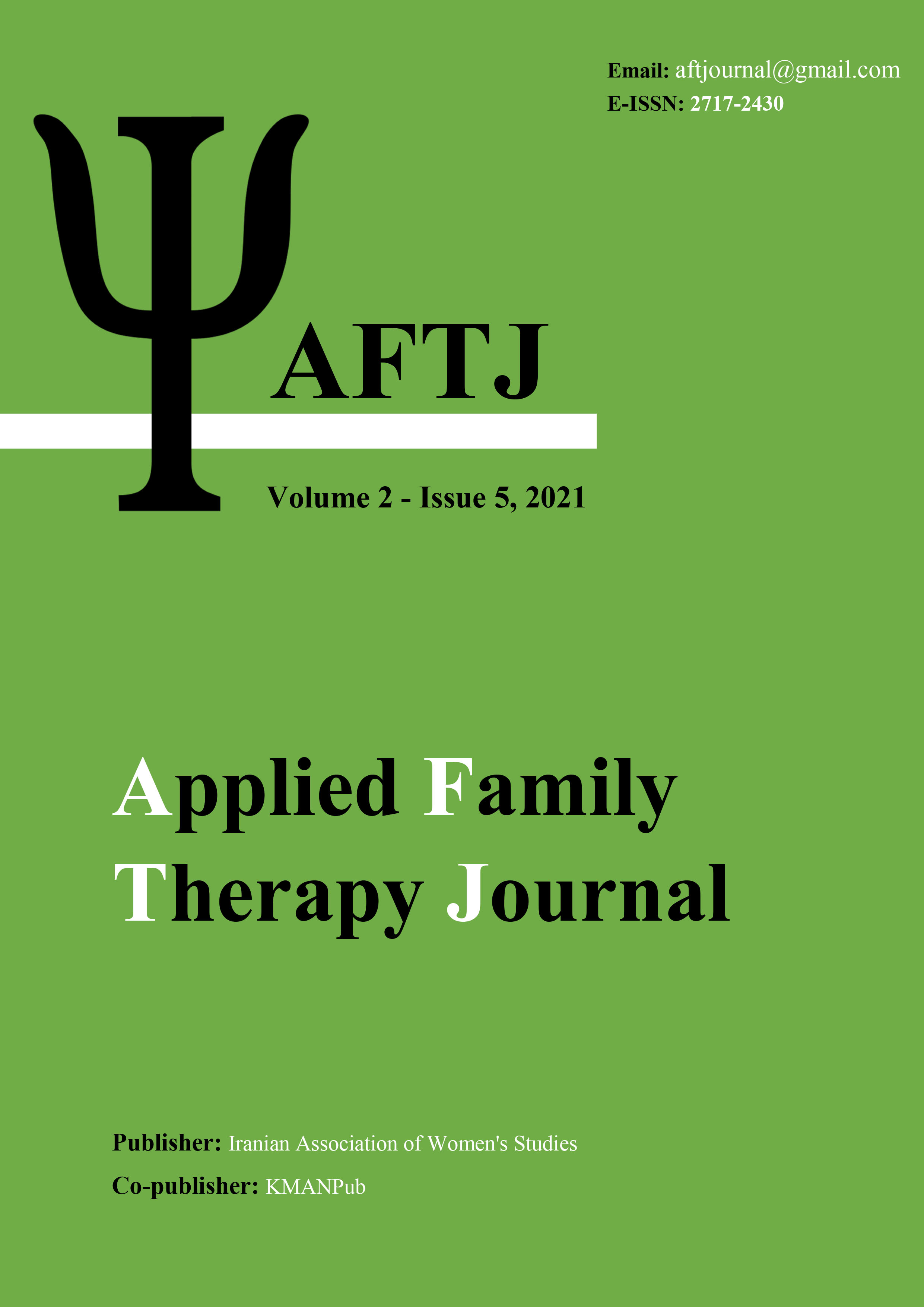The role of psychological distress and tolerance of ambiguity in the loneliness among working women who were quarantined during Coronavirus conditions
Keywords:
Psychological Distress, Ambiguity Tolerance, Loneliness, Working Women, Coronavirus QuarantineAbstract
Aim: This study aimed to examine the role of psychological distress and tolerance of ambiguity in the loneliness of women who were quarantined during Coronavirus conditions. Methods: The present study is descriptive and correlational, and the statistical population contains all working women in Karaj city who experienced quarantine for at least 38 days. According to Cochran's formula, 248 people were selected among the population using the convenience sampling method. The Kessler et al. (2002) Mental Disorder Scale, the Macaulay Ambiguity Tolerance Questionnaire (1993), and the Di Tommasso et al. (2004) Loneliness scale were used to assess the participants. The data were analyzed using simultaneous multiple regression by SPSS software version 23. Results: The results suggest that by increasing the standard deviation of the scores of psychological distress 0.465, the standard deviation of the scores of loneliness increases (P = 0.05). Also, by increasing the standard deviation on the scores of tolerance of ambiguity 0.237, the standard deviation of the loneliness score decreases. Psychological distress has a greater unique role in predicting loneliness (P = 0.05). Conclusion: The results indicated that tolerance of ambiguity and psychological distress played a role in the loneliness of working women who were quarantined during Coronavirus conditions. According to the obtained results, the need to pay attention to psychological distress and tolerance of ambiguity plays a significant role in the intensity of loneliness among working women who were quarantined during Coronavirus conditions.
Downloads
Downloads
Published
Issue
Section
License

This work is licensed under a Creative Commons Attribution-NonCommercial 4.0 International License.





















